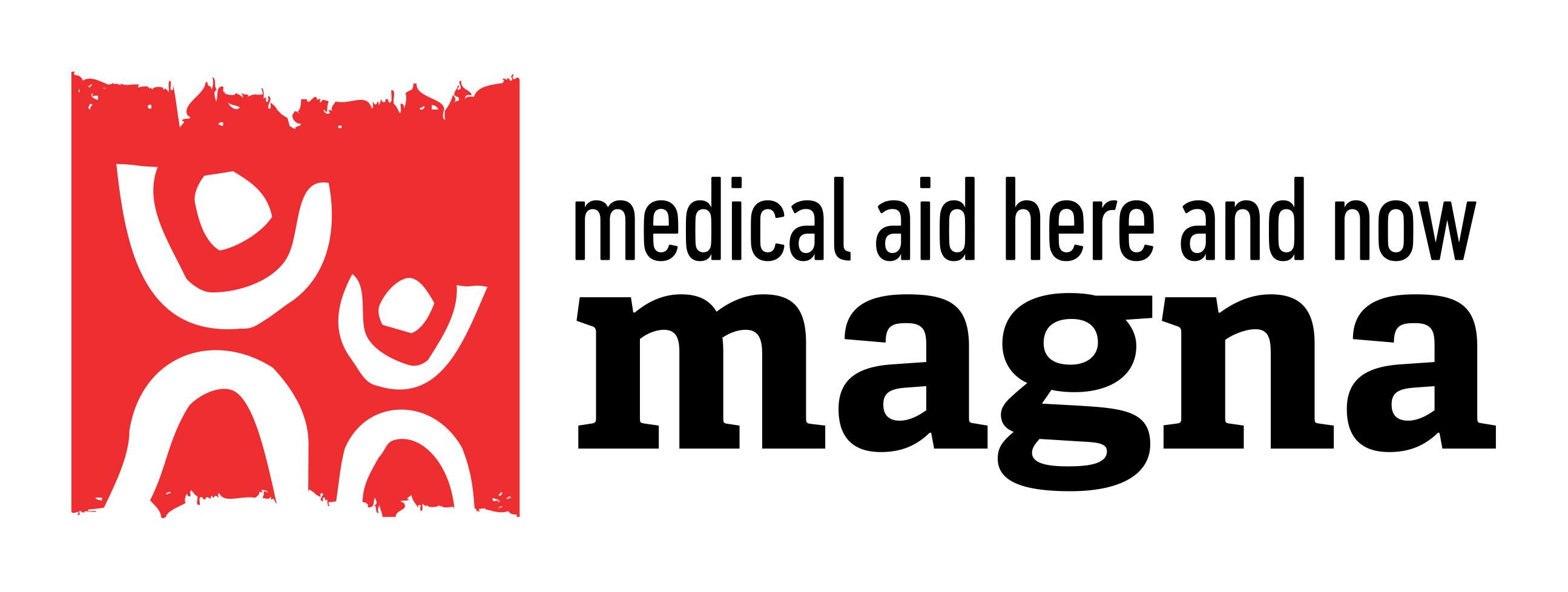Philippines: MAGNA has provided aid to more than 80,000 victims of typhoon Hayian
In November 2013, 14-year-old Joshua went to a several day school trip. When he came back home, his worst nighmtare was awaiting him: his home was in ruins, his parents, grandparents and all his siblings were dead, hundreds of motionless bodies were lying on the streets, crying and hopeless screaming was heard from everywhere. The town Tacloban was razed to the ground.
On 8th November, the island of Philippines lying in the Southeast Asia was hit by one of the most devastating typhoons that have ever hit the Earth. Just a few seconds were enough for this natural element to devastate the land beyond recognition: more than 6,300 people were dead, hundreds of people were missing and millions of them were homeless. At some places, the wave was up to 15 metres high and the wind speed reached 360 km/h. Typhoon Haiyan literally took everything that was in its way: houses, people, and whole villages. It reached its peak in the town of Tacloban, in Leyte province.
Three days immediately after the disaster, the medical team of MAGNA arrived to the Philippines and started providing acute humanitarian help to 15,000 victims in the form of shelter, food and hygiene kits. Subsequently, we focused on providing psychosocial help to those who had survived. We set up psychosocial centres in three priority areas (Palo/Tacloban, Ormoc, North Cebu) and organized trips to adjacent communities in order to get as close to victims as possible. During 15 months of our intervention and thanks to our team of thirty MAGNA workers, we managed to provide help to 70.000 victims of the typhoon (mainly for children and old people) through individual and group therapy.
After the typhoon hit, Joshua was not able to get out of his bed for several weeks. He was not able to go to school, to speak or to meet with somebody. He was suffering from depression and physical pain. MAGNA health workers visited him in ruins of his house in the Palo area. After our mental health specialist examined him, he found that a lot of physical pain Joshua was facing had psychological origins. As the boy was describing what had happened, he could not stop crying. After series of consultations with MAGNA psychologist, Joshua was able to start visiting group sessions. Three months later, Joshua started going to school again.
During our mission in the typhoon struck Philippines, we expanded our activities and provided also trainings for local medical staff that focused on psychosocial preparation and resilience in case other disasters hit the country again.
Many health facilities were destroyed by the typhoon in the area of Palo/Tacloban. That is why we decided to reconstruct two of them completely and to furnish them with medical equipment while making them operational from February 2015 onwards.
During our operation in the Philippines, MAGNA provided direct help to 82,843 people at risk. The mission was completed in February 2015.
